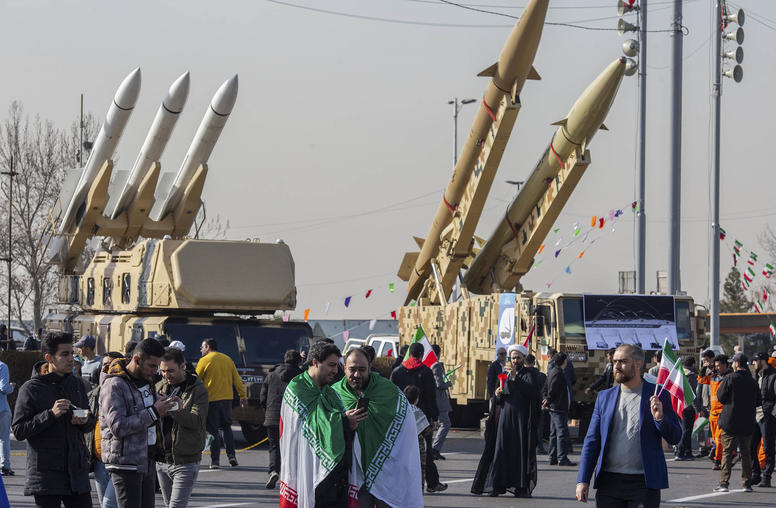Osama Gharizi on the Aftermath of the Beirut Explosion
In the wake of the Beirut explosion, USIP’s Osama Gharizi says much of the international aid is being channeled through NGOs and other third-party sources, as “there is a general loss of faith in the Lebanese establishment” after the prime minister and other officials were forced to resign.
On Peace is a weekly podcast sponsored by USIP and Sirius XM POTUS Ch. 124. Each week, USIP experts tackle the latest foreign policy issues from around the world.



